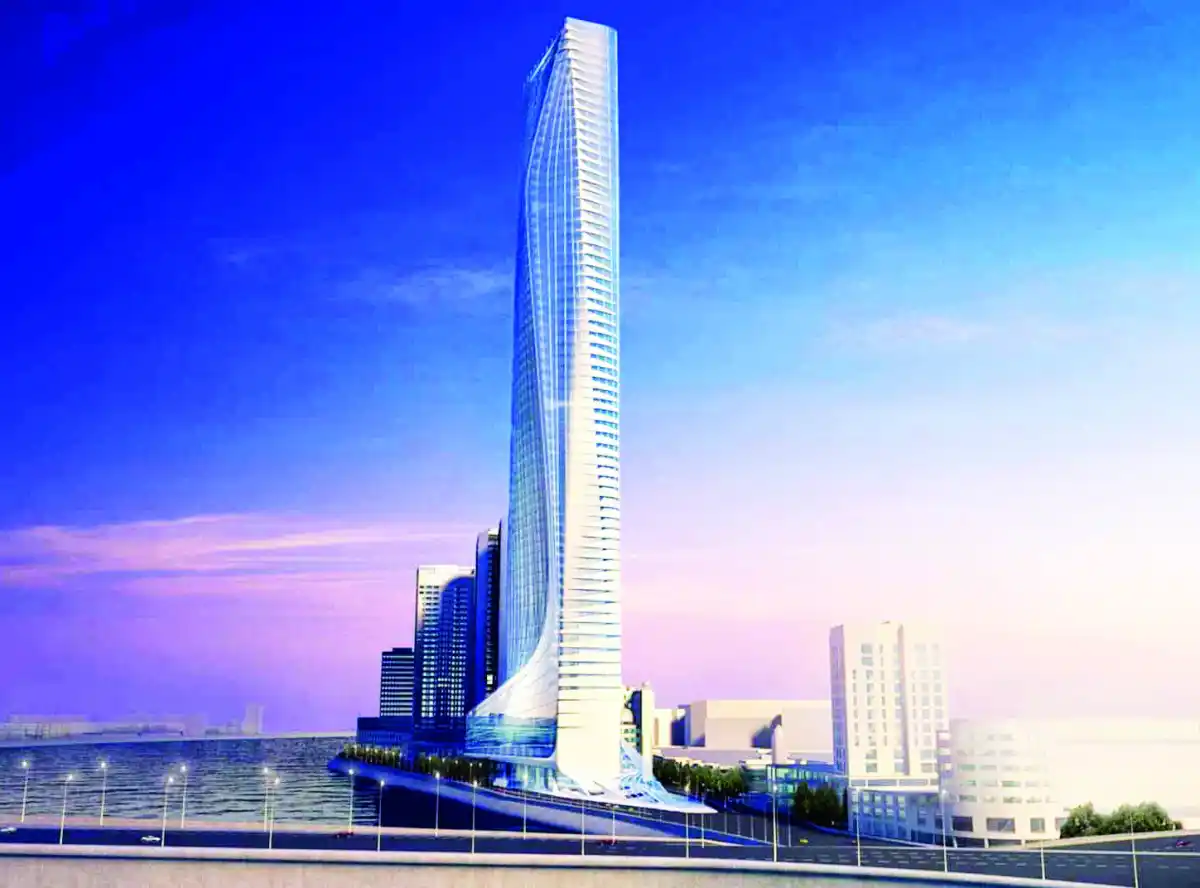
Privileged Malawians who have travelled and seen some of the best cities in the world have no kind words for the state of infrastructure back home.
People have ridiculed Malawi’s airports as not befitting the international status.
Similarly, lack of skyscrapers in the country has left Malawians wanting more. The aspiration is to see cities facelifted.
For example, the tallest building is the President Hotel in Lilongwe with only 12 floors.
Comparatively, across the border to the north of Malawi is Tanzania. The East African nation has a 40-storey building which houses the head office of Tanzania Ports Authority in the city of Dar es Salaam.
To the west, Zambia is about to launch a new tallest building, Pyramid Hotel, along Thabo Mbeki Road in Lusaka, which will have 27 floors, surpassing the Old Findeco building, which has 23 floors.
Not to mention is the tallest building in Africa; the 77 floor Iconic Towers in Egypt.
The appetite for such infrastructure development has seen shareholders of real estate and property managemen t listed companies pilling pressure on management to do more.
During a recent stakeholder engagement meeting for Icon Properties Limited in Blantyre, shareholders asked management to be proactive and put up buildings that will offer office space and accommodation needs for major mining operations coming to Malawi next year.
They argued that proliferation of company’s operating in residential houses in recent years is an indication that there is a need in the industry.
Minority Shareholders Association of Listed Companies General Secretary Frank Harawa said there are a lot of things coming to Malawi and it is time for real companies to be productive and tackle such opportunities.
“There are mining companies coming to Malawi and we do not want that when they come, they do not find good infrastructures. We need to be ready to provide accommodation for them.
“We need to construct towers, offices for them. So, these are the companies that can help in that area, Mpico and Icon. So, we are telling them to do something about it,” Harawa said.
However, such sentiments have attracted mixed views from stakeholders in the real estate sector.
Icon Properties Chief Executive Officer Elen Chapinduka Nyasulu said in the current business environment, putting up skyscrapers makes less business sense.
“There are two things to a real estate investor. One, there is a high cost that goes into it and that high cost affects what you can achieve in terms of what we call return. So, by building up, because we import steel, it means the cost of construction will also be high and therefore, if you want to charge the rental, you might not achieve the rent that will take you to achieve the expected return. Rather, you might be under construction and therefore expect a loss. So, when investors embark on such projects, they first check the return cost ratio.
She added that the other element is that there are no people who can take up space.
“If you look at our economy, who are the people to take up the space? Most government ministries, departments and agencies have their own offices now. The government has got their own offices.
“Private sector, some of them have got their own offices. So, when you want to build, you also look into that to say who will take up this space,” Nyasulu added.
Construction Sector Transparency Initiative Malawi Chairperson Joe Ching’ani said there are numerous factors to consider.
“The absence of skyscrapers in Malawi is a product of several factors such as lack of creativity by designers and developers alike. Town planners too have a role because we lack vision as a people.
“The cost of steel and poor or low clientele is no excuse. Steel is not the only input in skyscrapers and scramble for office and residential space is the order of the day,” Ching’ani said.
The country’s development agenda, the Malawi 2063, notes under Pillar three: urbanisation, that Infrastructure development and services such as housing, transport, energy and communications has not kept pace with urban population growth.
It says cities are not anchored by sustainable economic activities apart from trading and limited services.








0 Comments